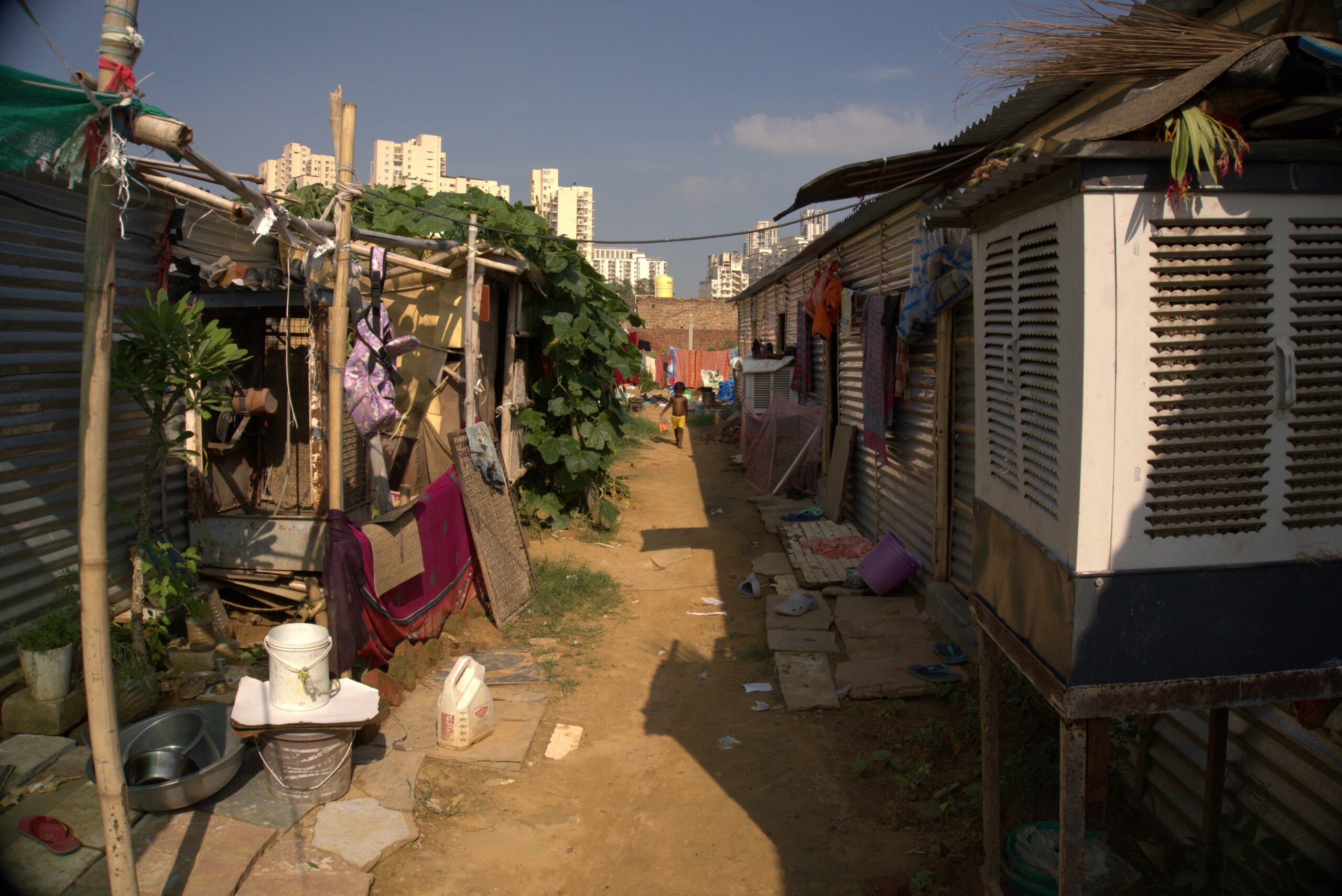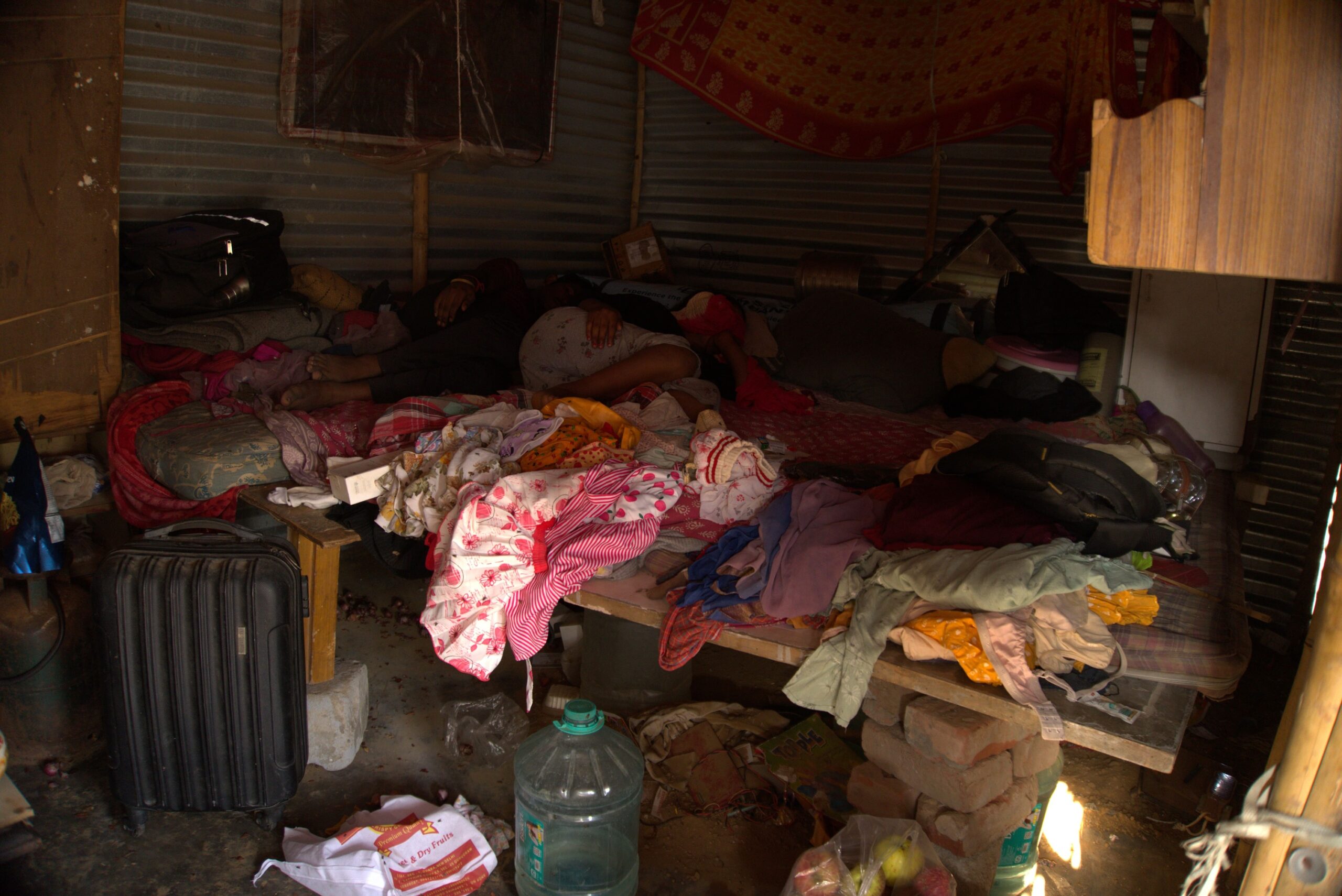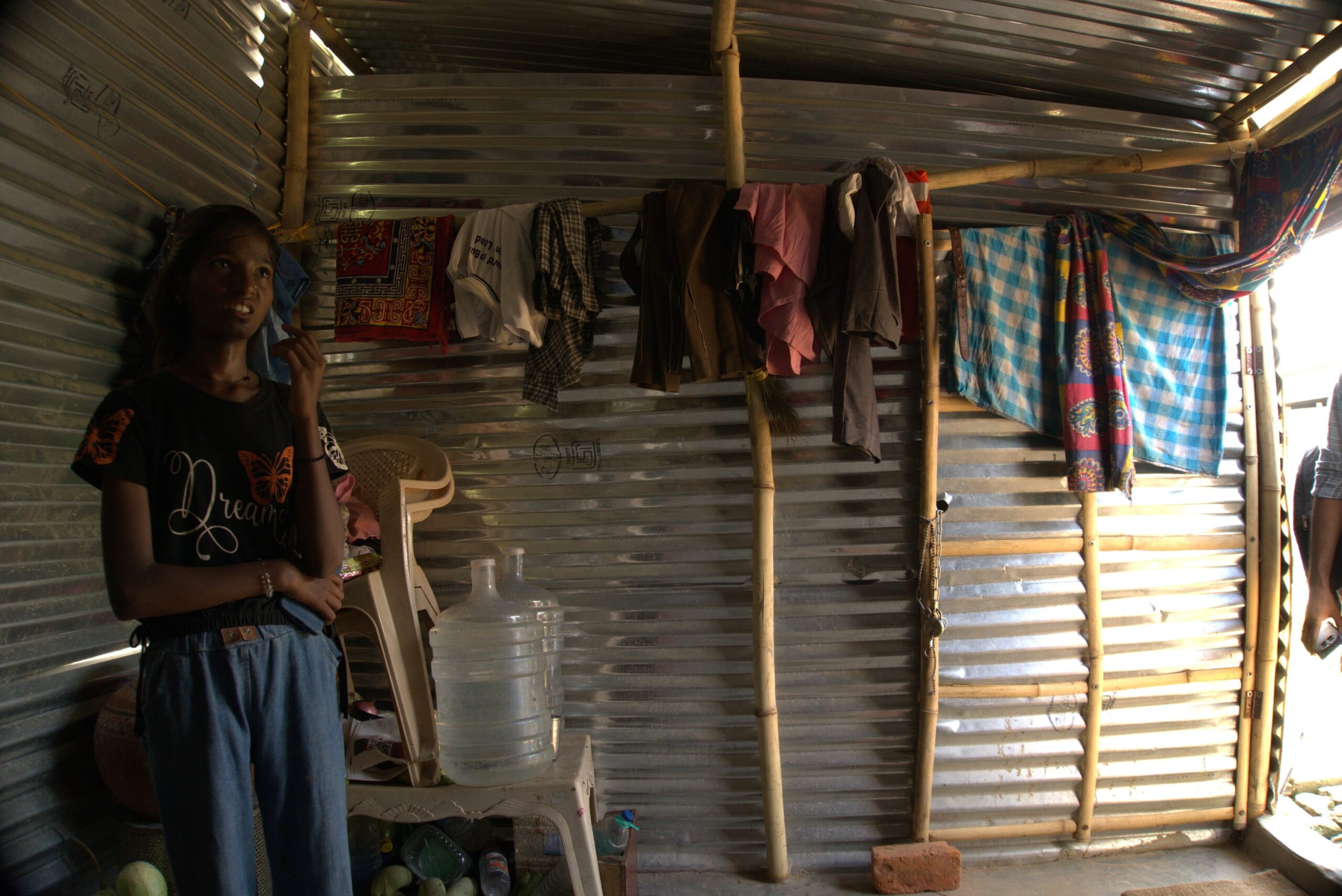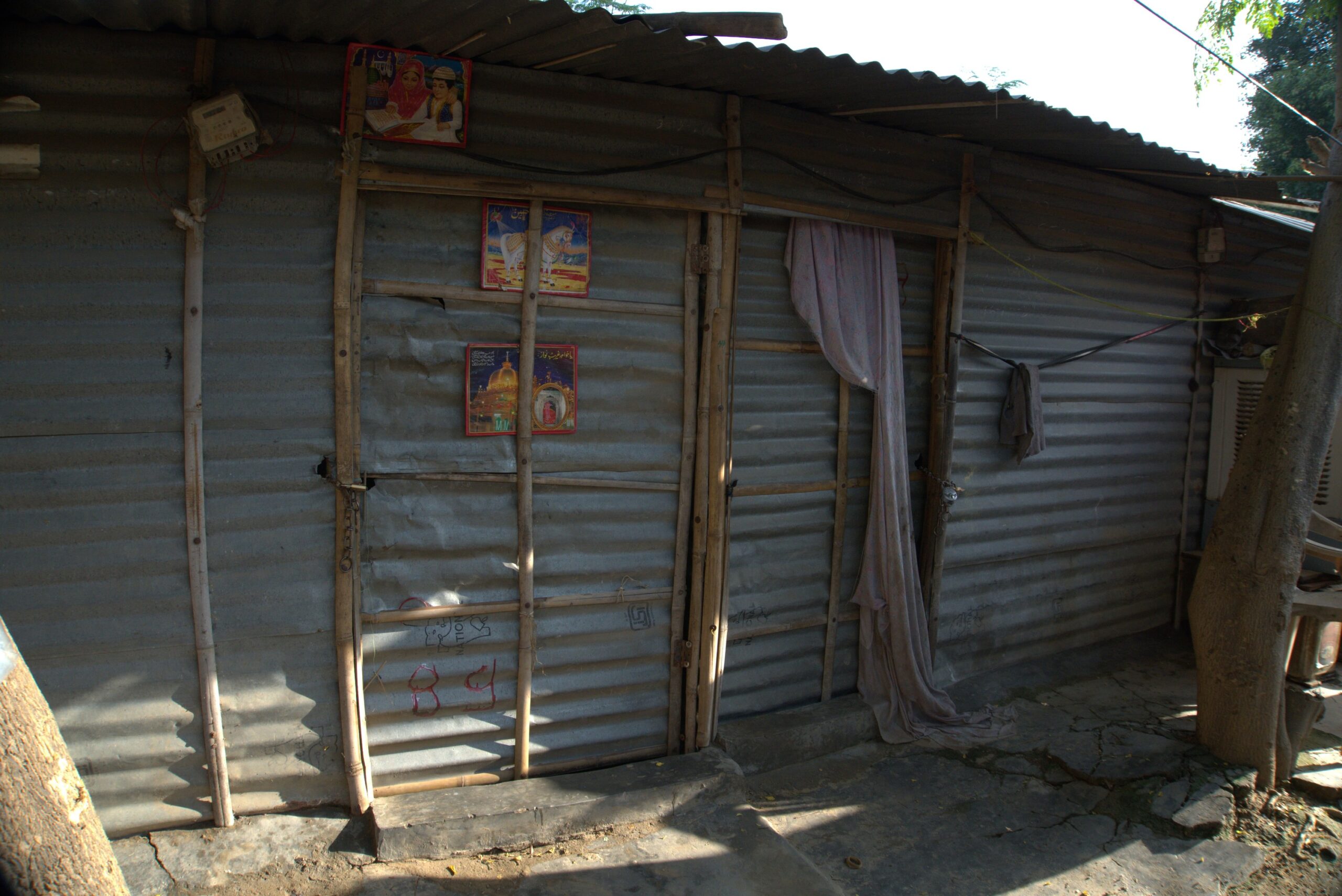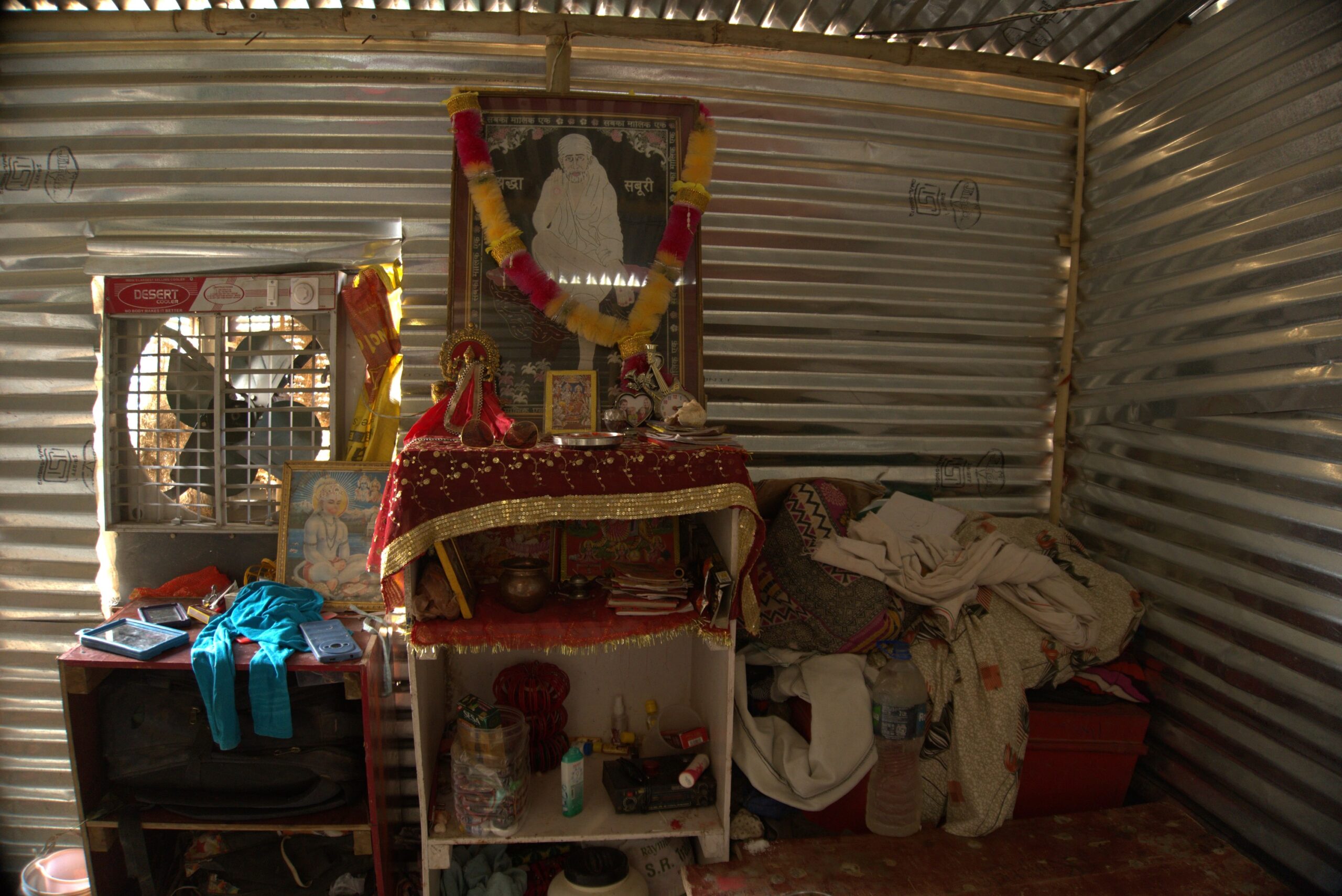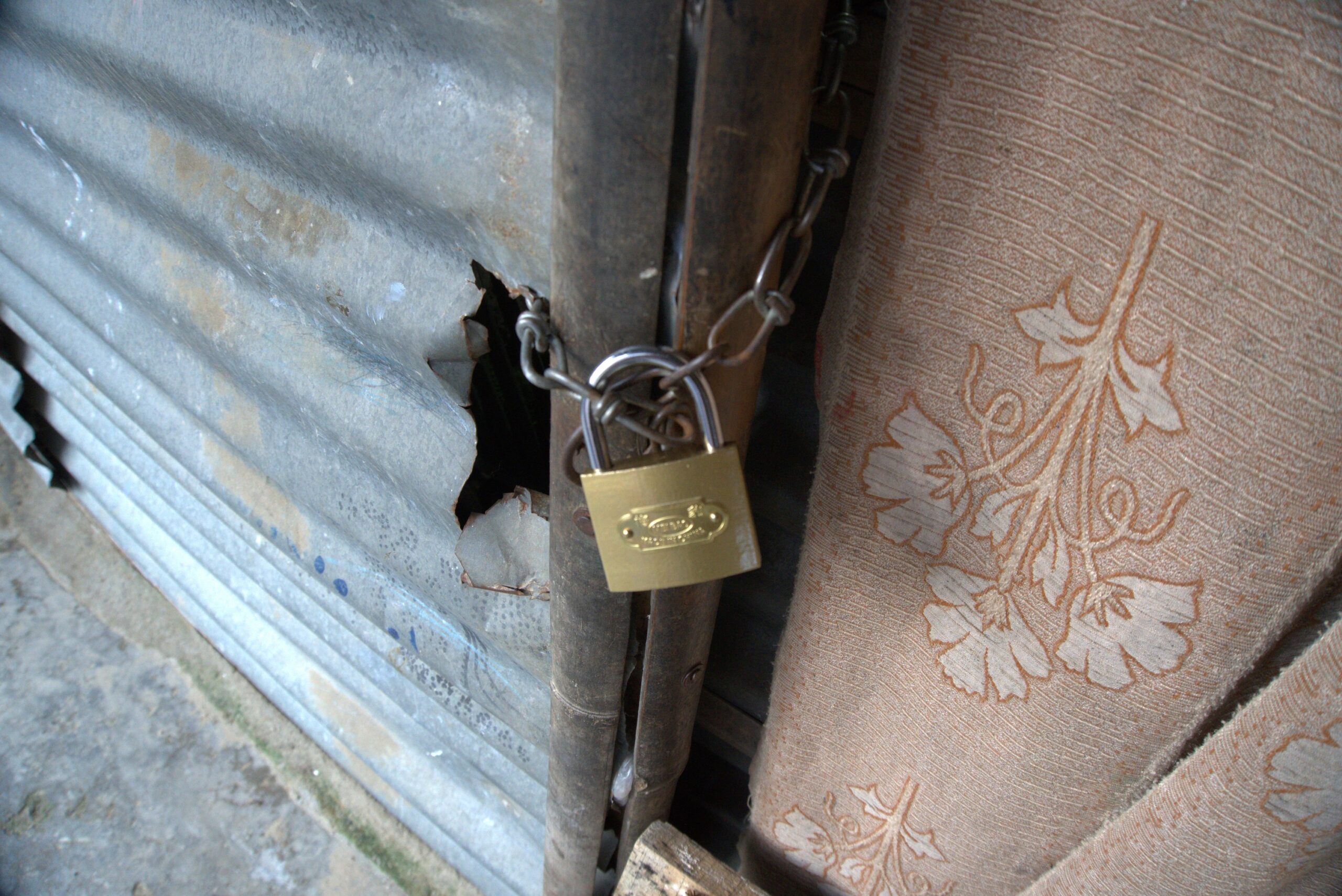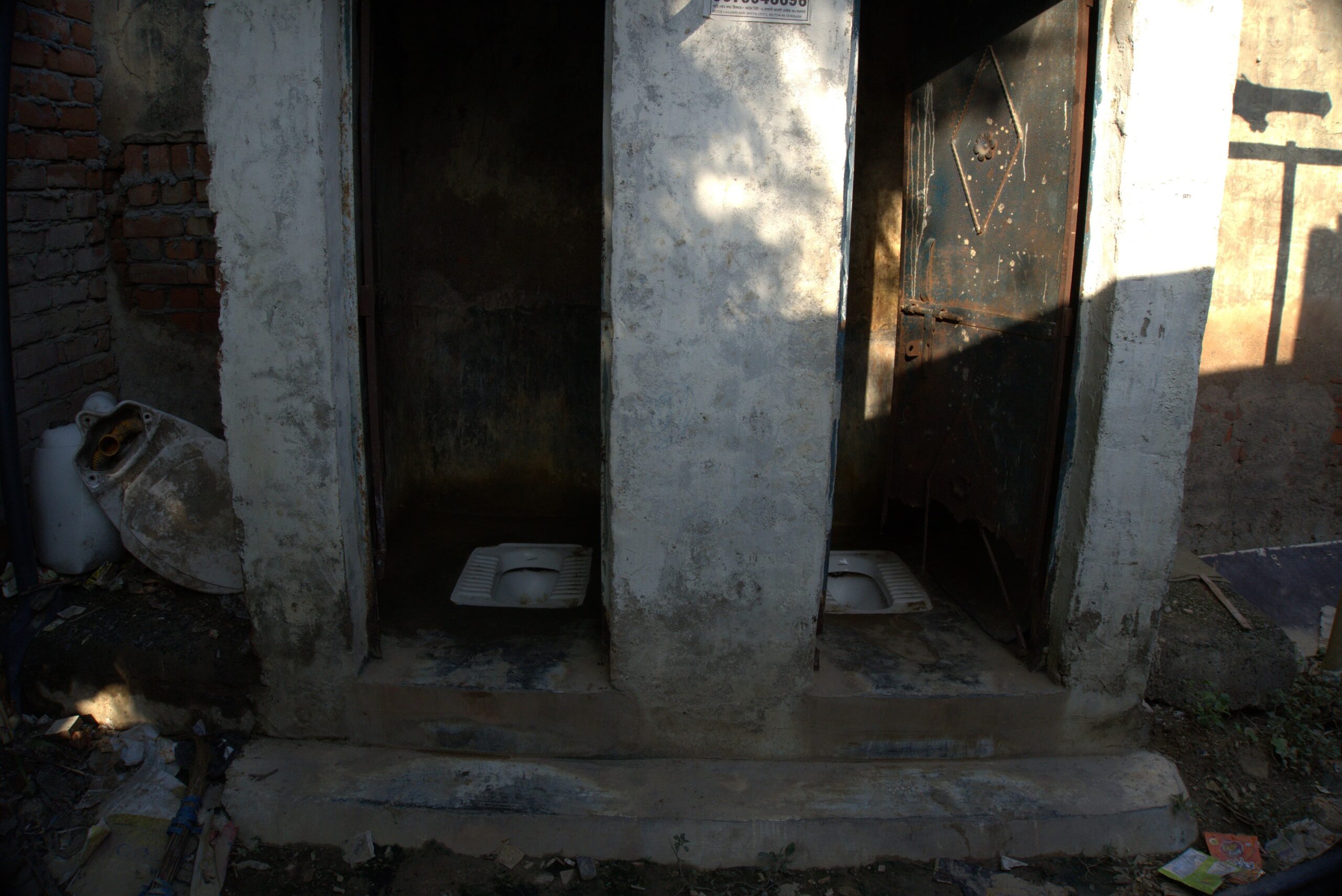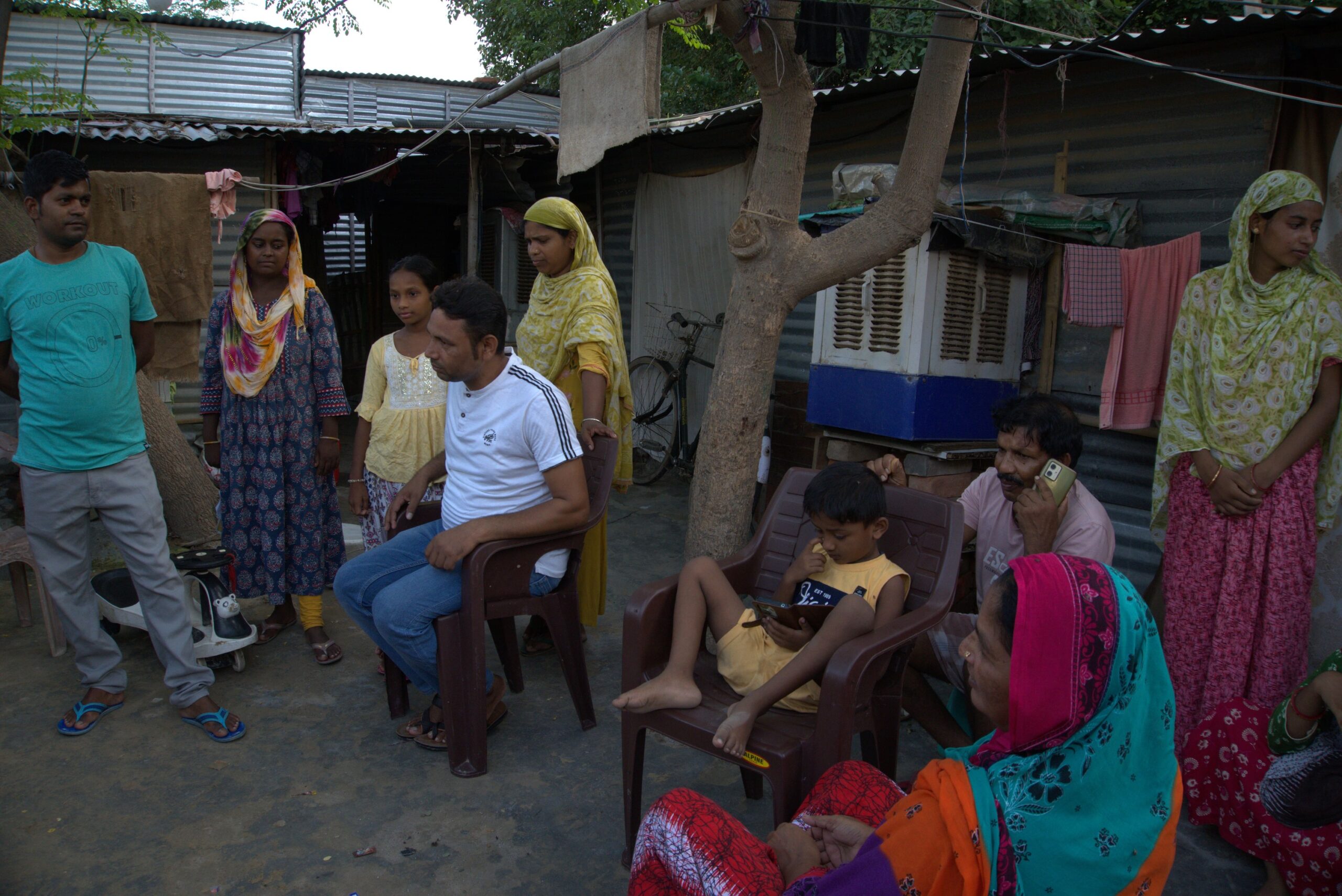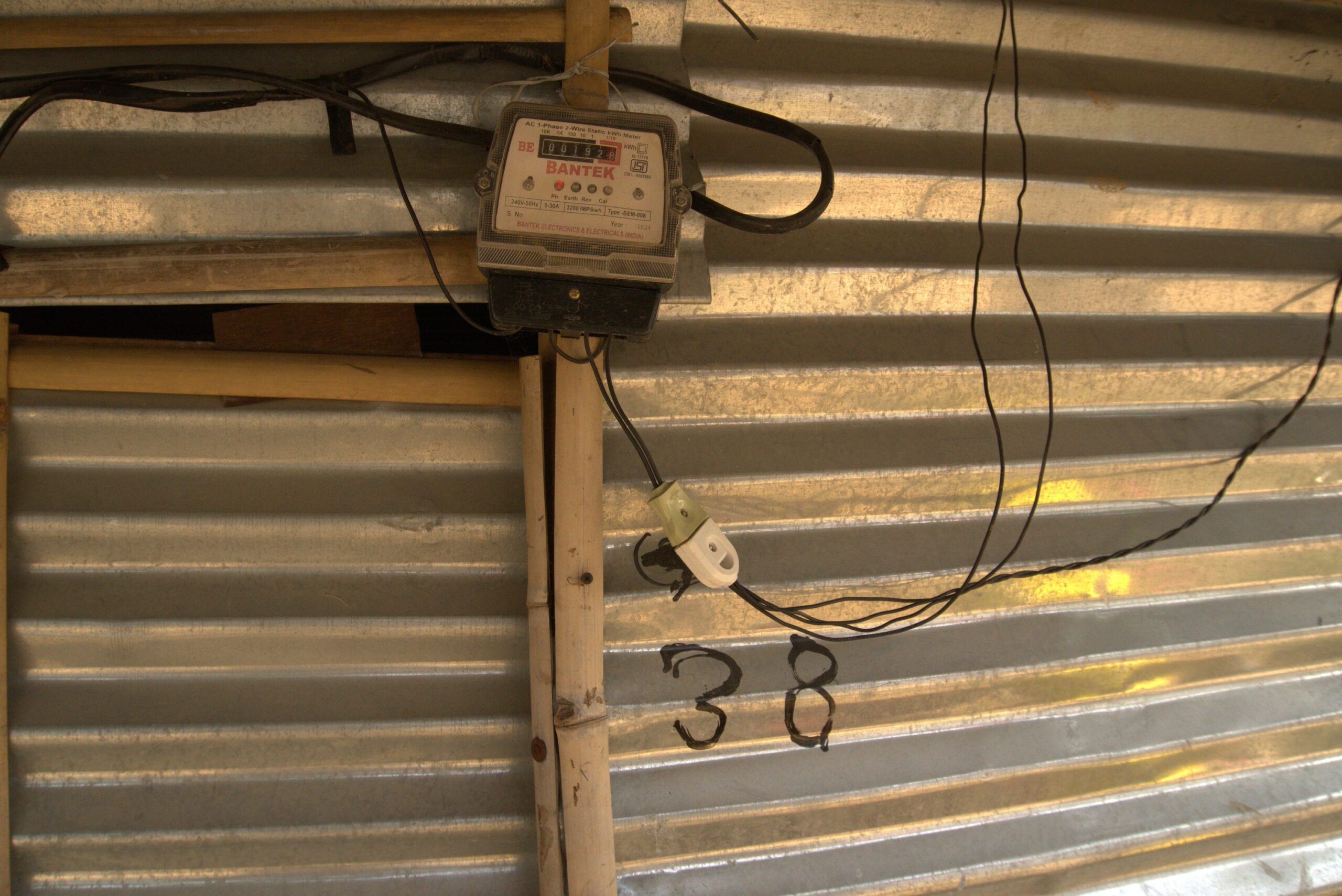In Pics: Language an Evidence, Identity a Crime? In Gurugram’s Bengali Settlements, Fear has Crept In, Belonging is Betrayed
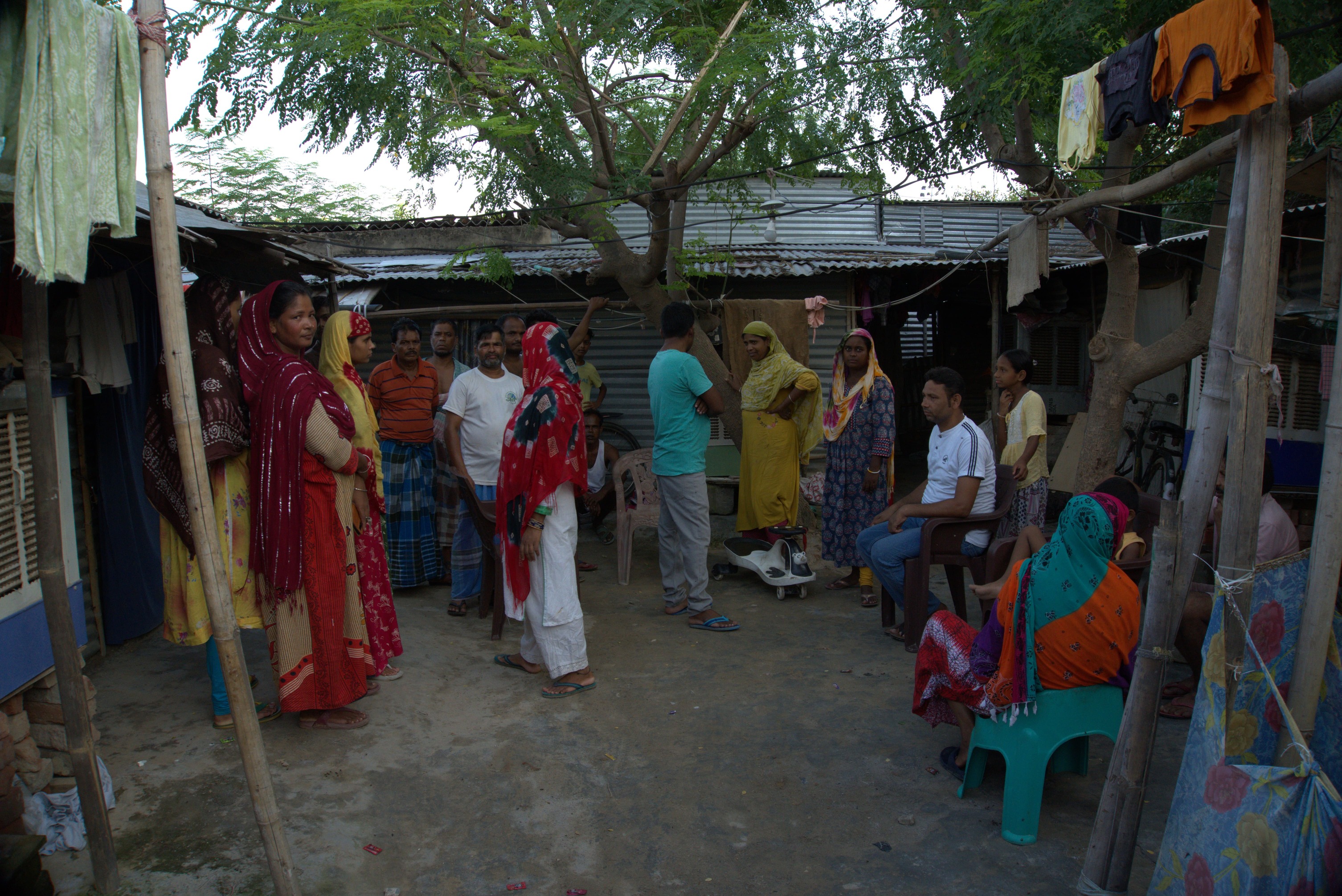
Sana Kausar, TwoCircles.net
Fear does not knock here. It enters quietly. It has found a permanent shelter in Gurugram’s tin-roofed shanties, housing migrant labourers from West Bengal and Assam.
Mothers pack bags they never thought they would need. Children sleep in silence, sensing the weight in the air. Men step out to work, unsure if they will return. These are not strangers. These are Indians. With documents, with histories and with roots buried deep in this country.
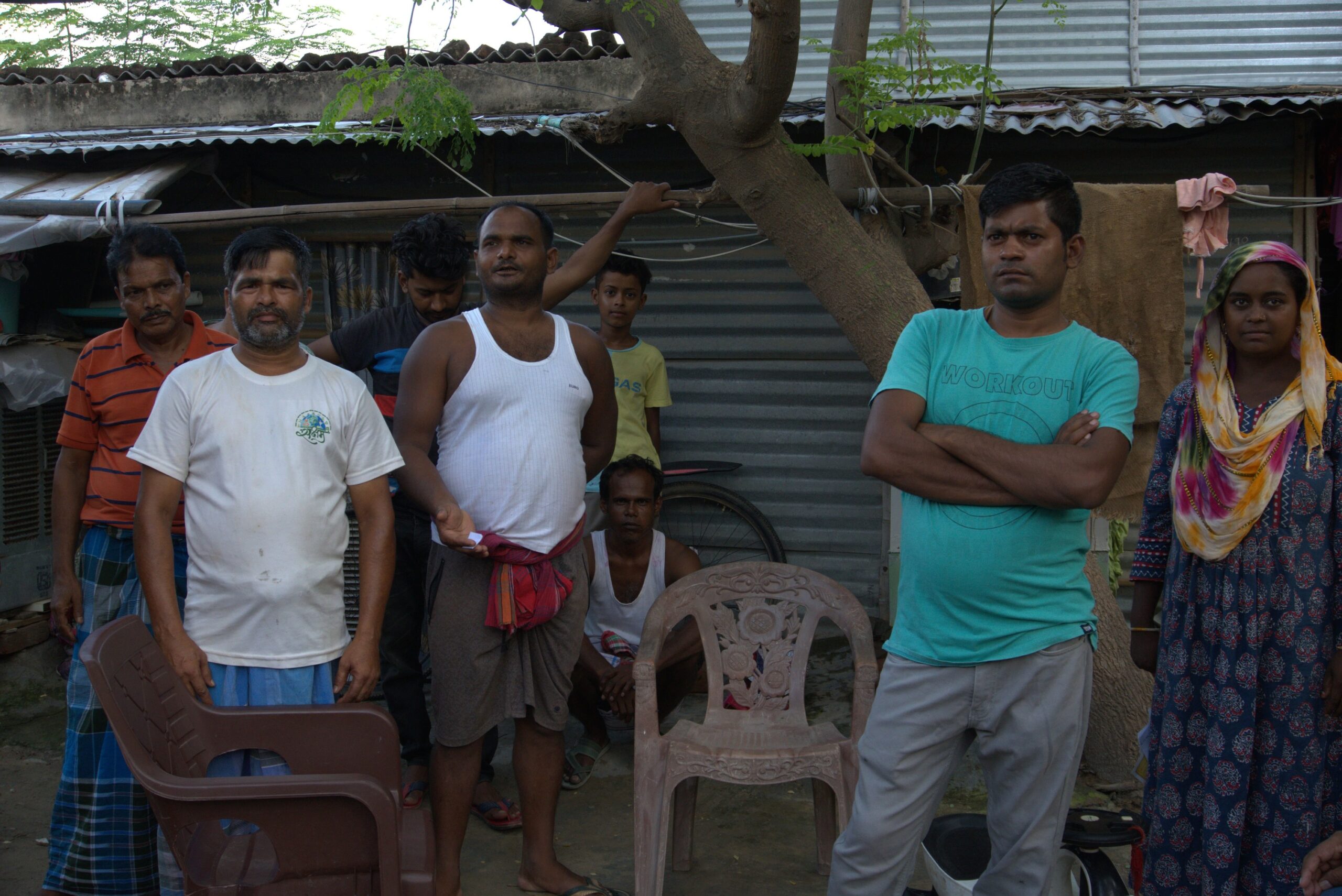
But none of it matters anymore.
Since July 6, a storm has arrived, not of rain, but of police raids. Men in uniform, and sometimes in plain clothes, descend in these settlements of Bengali speaking people. Questions turn into detentions. Names turn into targets. Language becomes a crime.
Lives are being torn apart in the name of tracing "illegal Bangladeshis". People speak of beatings, of bribes and of being dragged away despite every proof in hand.
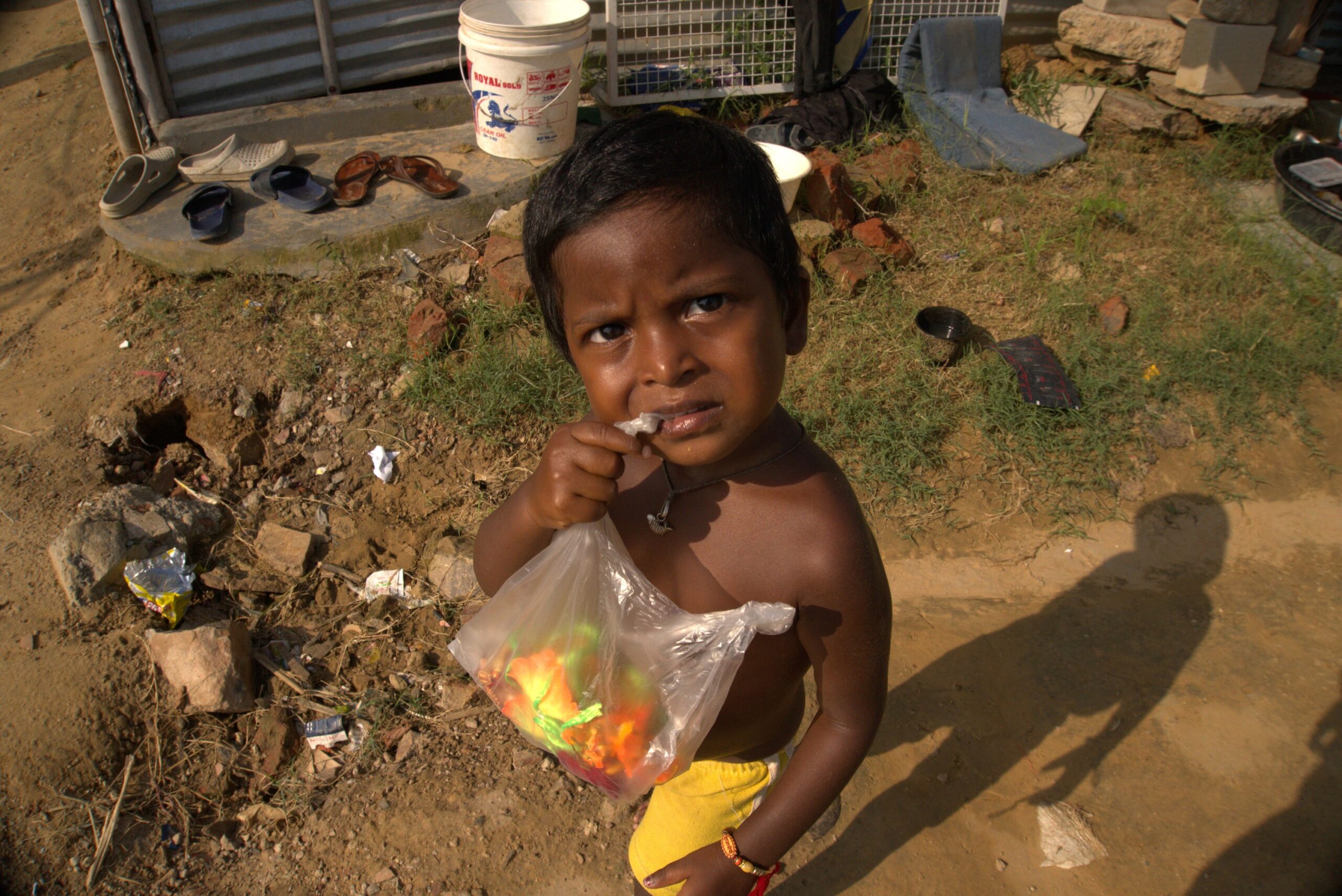
The settlements are nearly empty. Family after families are vanishing. They have gone or are going back homes they left long ago, with dreams in their pockets. Those who remain, stay with trembling hearts.
This is a story of migration, betrayal, belonging questioned and identity denied.
However, even in fear, they stand. Quiet. Strong. Seen, at last, through these photographs.
